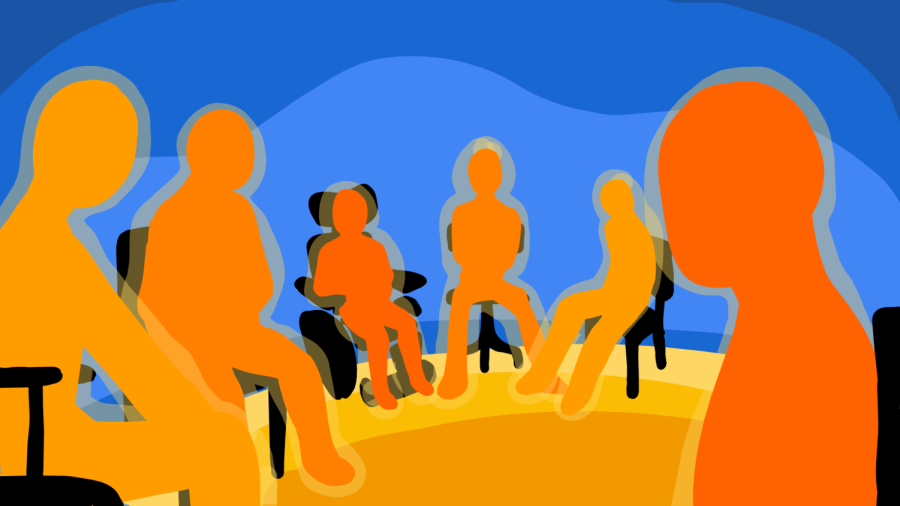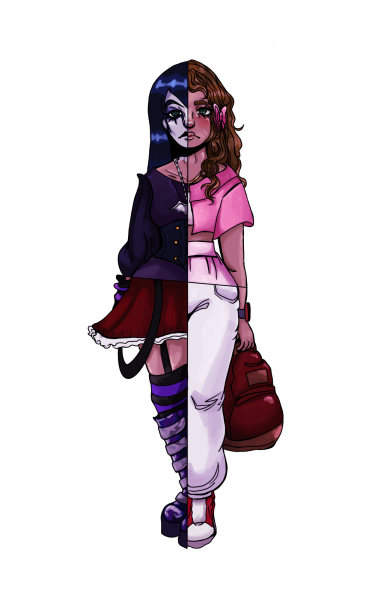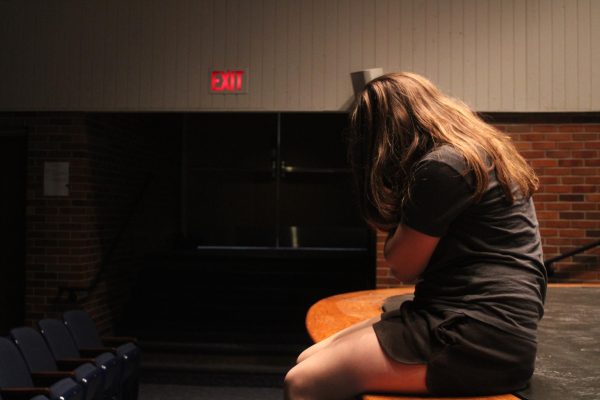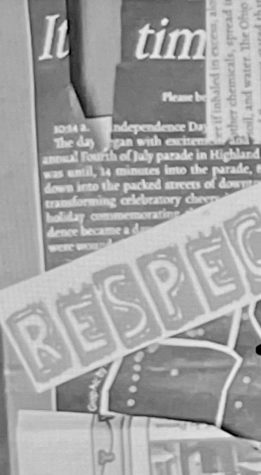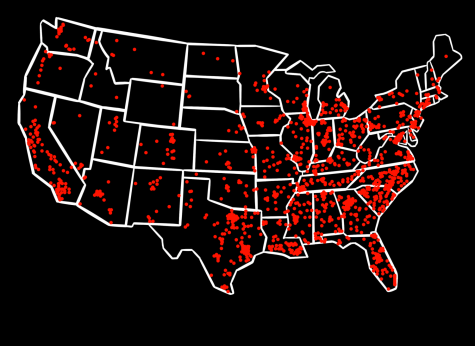LOOK BEYOND DISABILITY
March 19, 2023
Breaking the stigma around the word “disability” is a goal that senior Joey Hitzeman hopes South can accomplish. Hitzeman has cerebral palsy, and at times it is all people see him for, Hitzeman noted.
“Even though my body is different, it does not mean that people can not talk to me,” Hitzeman said. “It is just the way my body operates. If you spend ten minutes getting to know me, you’ll see that I, [for example], absolutely adore theater [and] I love talking to [people].”
The month of March, Disabilities Awareness Month, is especially important to South’s Special Education (Ed.) Department, as it is a time to spread awareness and provide a platform for the South community to better understand ability and disability without stigmatization, according to both Lindsay Smigiel and Megan Williams, Peer Mentor coordinators.
Supporting over 300 students, the Special Ed. Department works to close the learning gap between students with and without disabilities, Stacey Wolfe, Special Education Instructional Supervisor and Assistant Director of Specialized Programs and Services, said.
“Part of our goal is to provide opportunities for our students to develop authentic relationships [and] be connected to the community in which they live,” Wolfe said.
The students at South who receive support from the Special Ed. Department are just like any other student, Dr. Jennifer Pearson, Special Ed. Department District Director, said.
“Students with [disabilities] have incredible talents and gifts, but also have specific needs,” Pearson said. “[The Special Ed. Department is] how we help support those needs across a continuum of services. Whether that support [comes from] the Special Ed. Department [or not], there’s no difference. [Support is] how we all learn and grow.”
Hitzeman commends the Special Ed. Department for the support it provides; however, there are still moments where he has felt excluded by the school community at South.
“I am a senior in high school and I have had people, even professionals, talk down to me,” Hitzeman said.
South can improve awareness by recognizing the importance of using person-first language, which is a way of speaking that acknowledges a person before their disability, Pearson explained.
“[The students] are people first and their disability is second,” Pearson said. “You would not say an ‘autistic student’. You would say ‘a student with autism’ because their autism does not define them as a person. It is an adjective in terms of describing their disability.”
A student that exemplifies this importance is junior Emmett Kyoshi Wilson, a student with Down Syndrome. From being featured in the V-Show, to raising thousands of dollars for different charities across the country, Wilson achieved said feats with a focus on his love of art, believing that a person’s disability or condition should not define who they are.
“I just love to be [me],” Wilson said.
The Oracle Editorial Board urges the South community to be more inclusive by educating themselves and being aware of their language and attitudes towards students with disabilities and those supported by the Special Ed. Department.
Some programs at South, such as Peer Mentors, try to achieve inclusivity. Peer Mentoring gives students a chance to strengthen connections between classmates within and outside of the Special Ed Department, senior Peer Mentor Grace Mathias said. Peer Mentoring gives all students an opportunity to create meaningful experiences for classmates with and without disabilities, Smigiel and Williams explained. Smigiel and Williams encourage all students to reach out to others when and where they can.
“[Lunch] can be a challenging time of day for many students [supported by the Special Ed. Department],” Smigiel and Williams said. “[All students can] begin to [improve inclusivity in] the cafeteria.”
Students in the program, such as Mathias, work with students they may not have interacted with otherwise. In Mathias’s own experience, she was not even aware South had the program, but when her counselor recommended she take it, she was able to open up to learning her own lessons about inclusivity. When joining the program, Mathias encourages students to keep an open mind.
“I don’t think we’re really to [the] point where we’re fully inclusive of everyone,” Mathias said. “But, the more we get people involved in peer mentoring and [see] that [students with disabilities] aren’t different, the more inclusive we’ll be. Whether it’s a [student] with a disability or not, [even] just smiling at people [will] make their day.”
Hitzeman hopes to give insight to how people with disabilities, or anyone who may just appear different, should be respected and not discounted for the way they were born.
“If you actually stop and say ‘I’m not going to judge a book by its cover’ and realize when [you’re] talking to me or anyone [with a disability then you’ll learn] that nine times out of 10 we want to be treated as [equals],” Hitzeman said.



